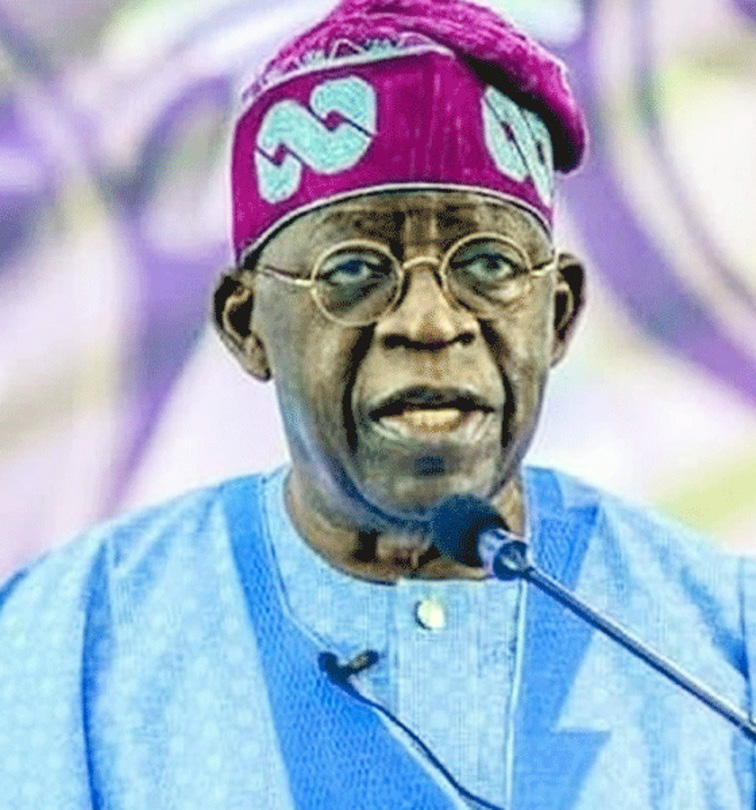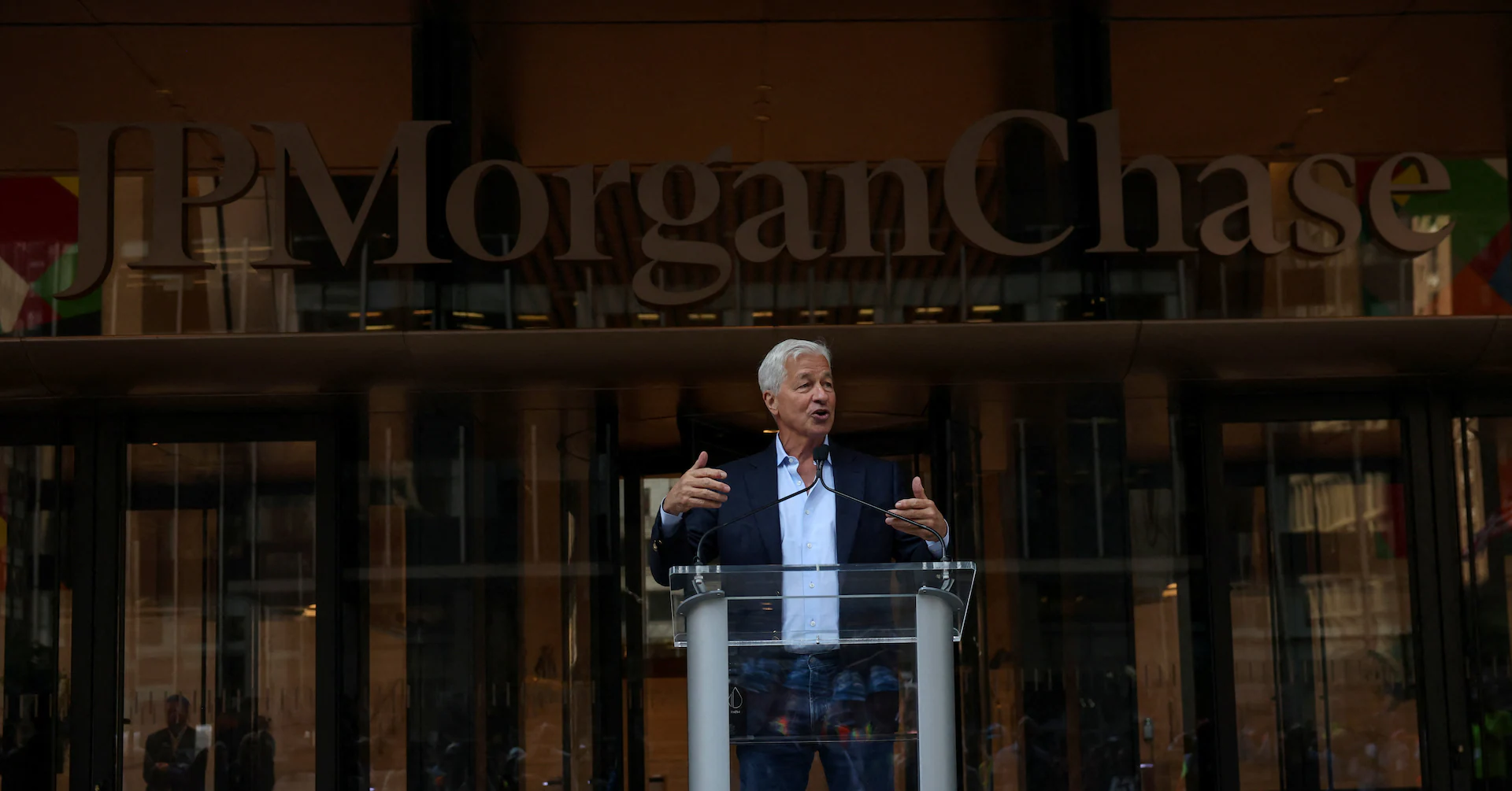By Bamidele Ogunwusi
Copyright independent

LAGOS – Nigeria’s fiscal story is increasingly defined by a paradox: record-breaking revenues in local currency terms, yet weaker external earnings due to exchange rate depreciation.
The recently published Q3 2024 budget implementation report, jointly compiled by the Budget Office of the Federation and the Office of the Accountant-General, underscores this contradiction and offers a window into how 2025 may unfold for Africa’s largest economy.
According to the report, gross federally collected revenue for the first nine months of 2024 surged by 78 per cent year-on-year to N22.9 trillion, compared with N12.8 trillion in the same period of 2023. This performance was almost in line with the government’s pro-rata budget target of N23.1 trillion.
But in dollar terms, the picture is strikingly different. Revenues amounted to just $15.5 billion, down from $19.9 billion in 9M 2023 — a 22 per cent decline. The culprit is clear: the naira’s steep devaluation following the 2023 exchange rate reforms, which pushed the official rate from around N645/$ to N1,479/$ in 2024.
As Nigeria enters the final quarter of 2024 and looks ahead to 2025, the fiscal landscape reflects both encouraging progress and persistent vulnerabilities.
Oil revenues recover, but target missed
Oil revenues, long the backbone of Nigeria’s public finances, rebounded in 2024 but still fell short of expectations.
According to the budget report, oil collections rose by 102 per cent year-on-year to N11.2 trillion, representing 48.8 per cent of total revenues.
Despite higher oil prices and improvements in pipeline surveillance, Nigeria pumped an average of just 1.55 million barrels per day (mb/d) during the reporting period — below both its OPEC allocation and government targets.
The 2025 fiscal framework assumes crude output of 1.70 mb/d, an increase that officials insist is achievable with ongoing upstream investments and tighter security in the Niger Delta. If realised, the higher production level could significantly lift oil receipts next year, particularly if Brent prices remain above $80 per barrel.
But, analysts are less optimistic.
“The rebound in oil collections is positive,” said Johnson Chukwu, chief executive of Cowry Asset Management. “But it is clear that Nigeria cannot pin its fiscal stability on oil alone, particularly in 2025 and beyond. Underinvestment, ageing infrastructure, and the global shift toward cleaner energy all weigh heavily on the outlook.”
Non-oil revenues drive momentum
If oil revenue was underwhelming, non-oil receipts were the real standout of the Q3 2024 report. At N11.7 trillion, non-oil revenues not only overtook oil’s contribution but also exceeded budget expectations by 44 per cent .
VAT: Value-added tax receipts surged 96% y/y to N4.8 trillion, comfortably surpassing the N3.0 trillion target. The increase was powered by expanded digital VAT tracking and stricter enforcement measures.
Corporate Tax: Company income tax collections rose 29% to N4.3 trillion, buoyed by strong corporate profits in banking, telecommunications, and manufacturing.
Customs Duties: Collections jumped 82% to N2.2 trillion, broadly in line with projections, aided by higher import values from a weaker naira.
Other Levies: Electronic money transfer levies and other special charges climbed 44% to N401 billion, though they fell short of the N546 billion budgeted figure.
These results reflect the impact of ongoing fiscal reforms: digitalisation of collection systems, broadening of the tax net, and improved compliance monitoring.
The momentum appears to be continuing into 2025. Preliminary figures suggest that non-oil receipts rose 41% y/y to N20.6 trillion in the first eight months of 2025, underscoring a structural shift that could gradually ease Nigeria’s dependence on oil.
“The tax system is finally catching up with the size of the economy,” observed Ngozi Okon, a public finance researcher. “The digitalisation push has reduced leakages, VAT compliance has improved dramatically, and more companies are being brought into the net. These reforms are the quiet success story of Nigeria’s fiscal framework.”
More revenue shared among governments
After statutory deductions, net distributable revenue to the three tiers of government climbed to N20.4 trillion in 9M 2024 — more than double the N9.1 trillion shared in the same period of 2023.
This windfall has provided much-needed fiscal space for state governments, many of which rely heavily on federal allocations to finance infrastructure, education, and healthcare. For some states, the jump in monthly allocations has been the difference between fiscal survival and collapse.
However, in real terms, the benefit is more muted. Headline inflation averaged above 27 per cent in 2024, eroding purchasing power. At the same time, the weaker naira inflated the cost of imports, including critical inputs for construction and public works.
“States are getting more money on paper, but they are also paying much more for everything,” said Muda Yusuf, head of the Centre for the Promotion of Private Enterprise. “The revenue increase is not translating into commensurate improvements in service delivery.”
FX depreciation: The shadow on fiscal gains
The Q3 report makes clear that Nigeria’s fiscal trajectory is constrained by currency weakness. While naira-denominated revenues are soaring, their dollar equivalents are shrinking — reducing the government’s external purchasing power and complicating external debt service.
Nigeria’s external debt service obligations are denominated in foreign currency, primarily US dollars. The decline from $19.9 billion in 9M 2023 to $15.5 billion in 9M 2024 highlights the squeeze.
A senior finance ministry official, speaking anonymously, acknowledged the tension: “We are collecting more naira than ever before, but when we convert to dollars, our position is weaker. It is a paradox that affects debt sustainability and investor perception.”
The Central Bank of Nigeria (CBN), under Governor Olayemi Cardoso, is expected to continue FX reforms in 2025, aimed at deepening market liquidity and attracting foreign inflows. While reserves have been rising slowly on the back of portfolio inflows, the naira remains under pressure from strong import demand and structural trade deficits.
“Unless the naira stabilises or appreciates, Nigeria’s fiscal revenue will remain undermined in dollar terms,” warned Chukwu. “It is not enough to grow naira collections — external credibility depends on FX stability.”
Analysts weigh 2025 prospects
Economists broadly agree that the trajectory of Nigeria’s fiscal performance in 2025 will hinge on three key factors:
Oil output
“If Nigeria can achieve 1.7 mb/d in 2025, we will likely see oil revenues exceed 2024 levels in both naira and dollar terms,” said Okon. “But production risks remain — from pipeline vandalism to underinvestment in upstream facilities.”
Non-oil tax reform
The reforms underpinning non-oil growth appear robust. The continued shift toward digital payments and cashless transactions is expected to expand the VAT base further. Corporate tax revenues are also projected to remain strong, particularly from financial services and telecoms.
FX stability
Perhaps the most decisive factor. A more stable naira in 2025 would improve the dollar value of revenues, ease debt service burdens, and restore investor confidence. But if currency depreciation persists, the paradox of “more naira, fewer dollars” will remain entrenched.
“Without FX stability, higher naira revenues will continue to mask weaker real gains,” Chukwu emphasised.
The double-edged sword of inflation
A related challenge is inflation, which averaged over 27 per cent in 2024. High inflation boosts nominal revenues since taxes on goods, services, and imports rise with prices. Yet it also erodes the real value of those revenues, squeezes household incomes, and drives up the cost of governance.
For states and local governments, this means that higher monthly allocations barely cover the rising costs of salaries, infrastructure projects, and social spending. “It is a treadmill effect,” said Yusuf. “The faster revenue rises, the faster costs escalate.”
Toward fiscal resilience?
Nigeria’s fiscal authorities find themselves at a crossroads. On one hand, revenue mobilisation is improving markedly, particularly in the non-oil sector. On the other, the weakening naira undermines external strength, leaving the economy vulnerable to debt and trade shocks.
The government’s 2025 fiscal strategy will need to balance these dynamics carefully:
Consolidating gains in non-oil revenue through deeper digitalisation and compliance measures.
Tackling persistent oil sector bottlenecks, from crude theft to underinvestment.
Coordinating with the CBN to stabilise the naira and rebuild external buffers.
If these objectives align, Nigeria could enter a new phase of fiscal resilience, less dependent on oil and better able to weather global shocks. But if oil underperforms and the naira remains weak, the paradox of “more naira, less dollar” will persist, limiting the real gains of rising revenues.
Conclusion: A paradox that defines 2025
The Q3 2024 budget implementation report paints a picture of progress amid fragility. Revenues are climbing rapidly in nominal terms, states are sharing more resources, and non-oil reforms are bearing fruit.
Yet the depreciation of the naira means Nigeria’s external position is weaker, not stronger. For every naira gained, fewer dollars are realised. This paradox will shape the fiscal debate in 2025 as policymakers confront the hard reality that rising nominal revenues do not automatically translate into fiscal strength.
In the words of a Lagos-based analyst: “Nigeria is collecting more money than ever, but the world sees less value. Until the naira is stable, this paradox will define the fiscal story.”



